Rapid advancements in stem cell therapies are significantly changing the landscape of heart treatment. This article highlights ongoing research aimed at healing damaged hearts, showcasing inspiring stories like that of Ariel Ramirez, who found hope in a clinical trial after being diagnosed with heart failure. Experts believe that by repairing injured heart tissue with living human cells, they can improve quality of life for patients facing this challenging condition.
You’ll learn about the differences between heart failure and heart attacks, as well as the innovative approaches being explored, such as direct injections and IV transfusions of stem cells. With over 15 years of experience, researchers are optimistic about the potential benefits of these therapies, giving renewed hope to those affected by heart issues. Ariel’s journey reflects the life-changing impact these advancements can have, inspiring others to seek innovative treatments on their own paths to healing.
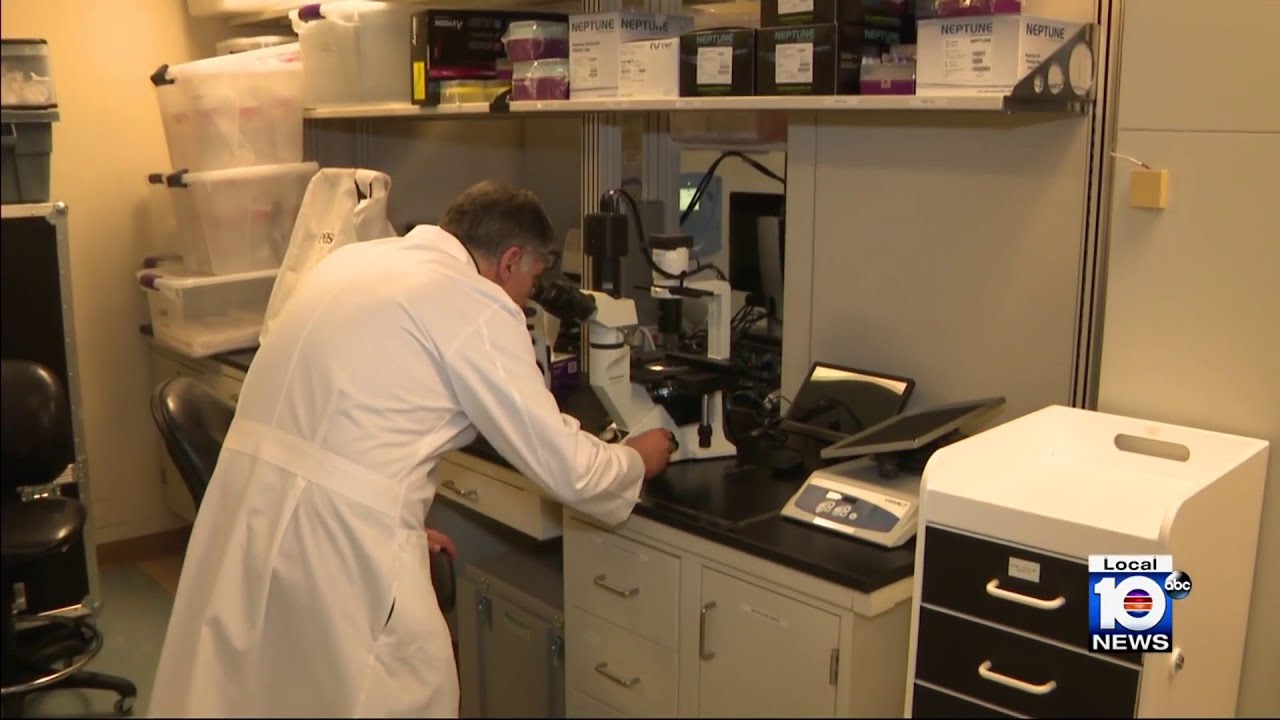
Overview of Stem Cell Therapies
Definition and Types of Stem Cells
Stem cells are unique cells with the remarkable ability to develop into various cell types in the body. They serve as a kind of internal repair system, able to self-renew and differentiate into specialized cells. There are two primary types of stem cells: embryonic stem cells, which are derived from early-stage embryos and can become virtually any type of cell, and adult stem cells, which are found in various tissues and typically give rise to a limited range of cell types related to their tissue of origin. There are also induced pluripotent stem cells (iPSCs), which are adult cells reprogrammed to an embryonic-like state, offering vast potential for research and therapies without the ethical concerns surrounding embryonic stem cells.
The Role of Stem Cells in Regenerative Medicine
In regenerative medicine, stem cells hold immense promise for repairing or replacing damaged tissues and organs. They are being investigated for their potential to treat a variety of conditions, including neurodegenerative diseases, spinal cord injuries, and particularly, cardiovascular diseases. By harnessing the regenerative properties of stem cells, researchers hope to develop therapies that not only alleviate symptoms but also address the root causes of disease, providing lasting solutions for patients.
Historical Context of Stem Cell Research
The exploration of stem cells dates back to the mid-20th century when scientists first recognized the unique properties of hematopoietic stem cells in bone marrow. Over the decades, research has expanded significantly, with major milestones including the discovery of embryonic stem cells in the 1990s and the development of iPSCs in the 2000s. These advancements have not only deepened our understanding of cellular development but have also opened new avenues for potential therapies, especially in critical areas such as cardiac health.
Heart Failure: A Growing Concern
Statistics and Prevalence of Heart Failure
Heart failure is a significant public health issue, affecting millions worldwide. It is estimated that approximately 6.2 million adults in the United States are living with heart failure. The prevalence increases with age, and while it can occur in younger individuals due to various factors, the majority of cases are found in older adults. The growing aging population contributes to an increase in the incidence of heart failure, making it an urgent health concern.
Causes and Risk Factors
Heart failure can result from a variety of conditions that damage the heart muscle, including coronary artery disease, high blood pressure, diabetes, and previous heart attacks. Lifestyle factors such as poor diet, lack of exercise, smoking, and excessive alcohol consumption also contribute to the risk of developing heart failure. Understanding these risk factors is crucial in prevention strategies and early intervention.
Current Treatment Options for Heart Failure
Current treatments for heart failure focus on managing symptoms and improving quality of life. These include lifestyle modifications, medications such as diuretics and ACE inhibitors, and advanced therapies like implantable devices and heart transplants. While these approaches can be effective in managing the condition, they do not fundamentally repair the damage done to the heart, highlighting the need for innovative therapies like stem cell treatments.
Mechanisms of Action for Stem Cell Therapy in Cardiology
Cell Types Used in Cardiac Repair
In the context of cardiac repair, various types of stem cells are being investigated, including cardiac stem cells, mesenchymal stem cells (MSCs), and pluripotent stem cells. Each type has its own strengths and potential applications. For example, cardiac stem cells have the advantage of being inherently connected to heart tissue, while MSCs are more widely available and can be harvested from non-cardiac tissues.
How Stem Cells Promote Tissue Regeneration
Stem cells promote tissue regeneration through several mechanisms. One important mechanism involves their ability to differentiate into cardiomyocytes, the muscle cells of the heart, helping to rebuild damaged tissue. Additionally, they secrete bioactive factors that promote angiogenesis (the formation of new blood vessels), reduce inflammation, and provide protection to surrounding cells. Through these methods, stem cells can significantly enhance the healing process after cardiac injuries.
The Role of Paracrine Factors in Healing
Paracrine signaling refers to the process by which cells communicate with nearby cells through secreted factors. In the case of stem cells, the release of these paracrine factors plays a vital role in regeneration. They help modulate the local environment within the heart, improving cell survival and promoting repair mechanisms. This aspect of stem cell therapy is particularly exciting, as it offers potential benefits even when the stem cells do not differentiate into heart muscle cells.
Clinical Trials and Ongoing Research
Overview of Significant Trials and Their Findings
Numerous clinical trials are underway to evaluate the effectiveness of stem cell therapies in heart failure patients. For instance, researchers at U Health have been studying the impact of stem cell injections directly into the heart. Early findings suggest that many patients experience symptom relief and improved heart function post-treatment, although results can vary widely based on individual circumstances.
Ethical Considerations in Clinical Trials
As with any emerging medical treatment, ethical considerations are paramount in stem cell research. Issues surrounding informed consent, the sourcing of stem cells, and the potential for exploitation in vulnerable populations are critical. Researchers must navigate these concerns carefully, ensuring that trials uphold the highest ethical standards while advancing scientific knowledge.
Future Directions for Research
As research progresses, the future of stem cell therapy in cardiology looks promising. Scientists are exploring new ways to enhance the effectiveness of stem cell treatments, such as optimizing cell delivery methods and identifying which patient populations might benefit most. The integration of stem cell therapy with existing treatments also poses a fascinating frontier for investigation.
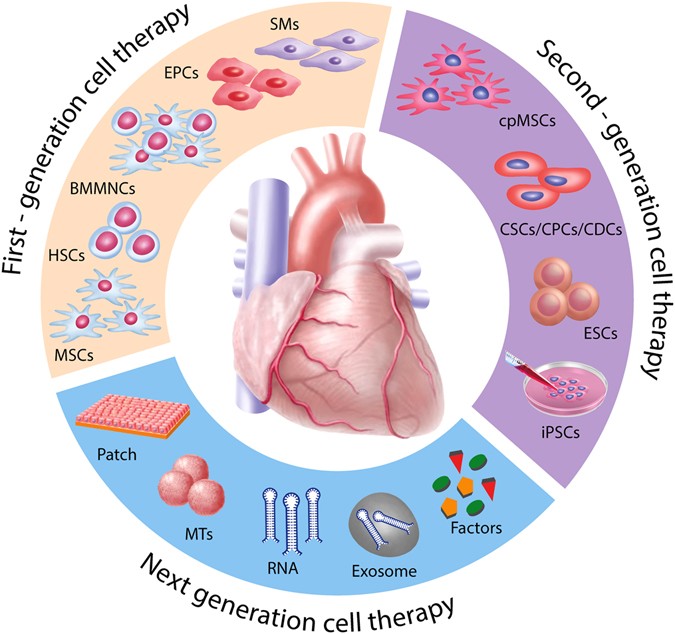
Case Studies of Successful Heart Repair
Patient Profiles and Their Journeys
One inspiring case is that of Ariel Ramirez, who was diagnosed with heart failure after undergoing surgery to repair a valve at just 47 years old. With the support of his wife, he enrolled in a clinical trial studying stem cell therapy. His journey highlights the hope and determination that many patients exhibit while seeking innovative treatments.
Outcomes and Improvements Post-Treatment
Patients involved in stem cell trials typically report significant improvements in their quality of life and heart function. Many experience reduced symptoms, such as shortness of breath and fatigue, allowing them to engage more fully in their daily activities. Such outcomes indicate the potential for stem cell therapy to transform the lives of those who suffer from heart failure.
Real-Life Testimonials and Experiences
Testimonials from individuals like Ariel often recount remarkable changes post-treatment. They share stories of feeling stronger, more energetic, and more optimistic about their future. These personal experiences shed light on the profound impact that advancements in medical research can have on individuals grappling with serious health challenges.
Challenges and Limitations of Stem Cell Therapies
Technical and Biological Challenges
While promising, stem cell therapies face various technical and biological challenges. Issues such as cell sourcing, scalability of manufacturing processes, and cell survival post-transplantation need addressing. Additionally, researchers continue to work on maximizing the therapeutic potential of stem cells while minimizing risks of immune rejection or tumor formation.
Regulatory Hurdles
Navigating the regulatory landscape is another significant challenge for stem cell therapies. The pathways to approval can be lengthy and complex, with regulatory agencies requiring extensive safety and efficacy data. This can delay access to potentially life-saving treatments for patients in need.
Public Perception and Misconceptions
Public perception of stem cell therapy can be mixed due to misconceptions and misinformation. Some individuals may confuse legitimate therapies with unregulated or fraudulent procedures that offer false hope. Educating the public about the science and potential benefits of stem cell therapy is essential in building trust and promoting informed decision-making.
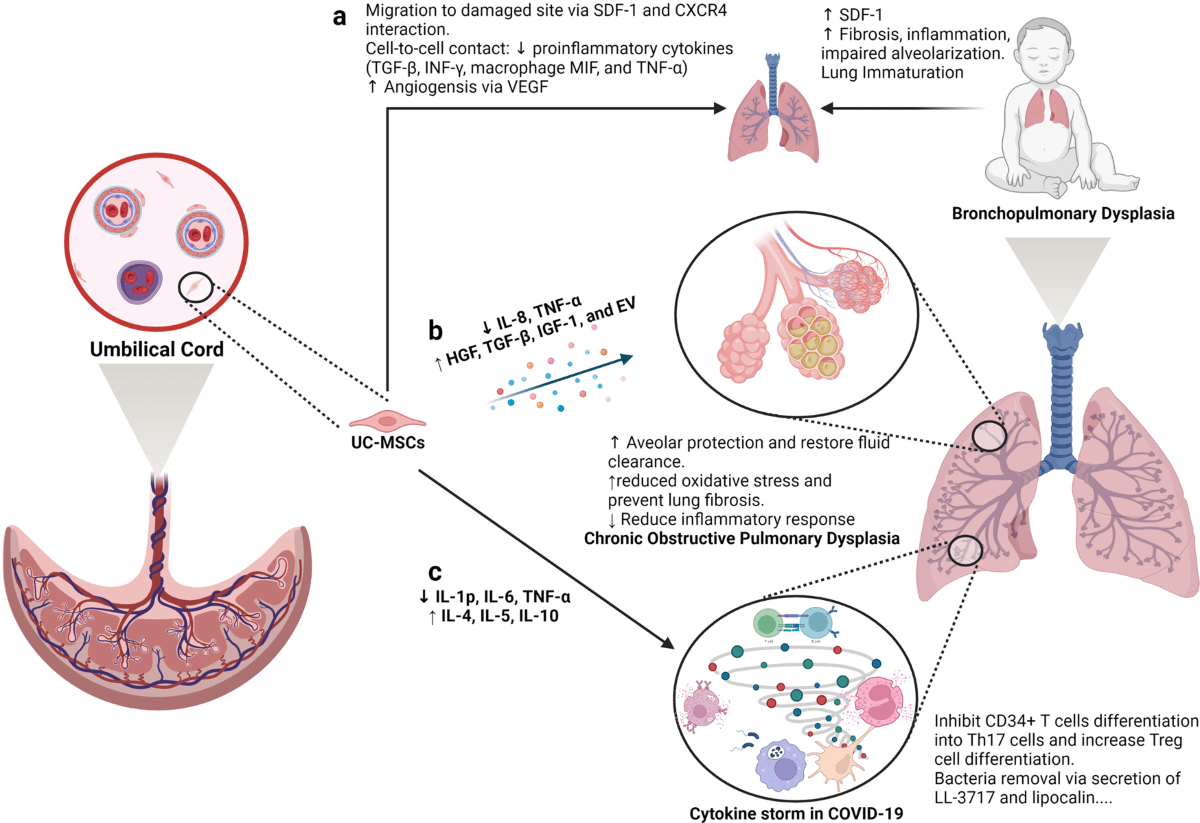
Comparative Analysis of Treatment Methods
Stem Cell Therapy vs. Traditional Approaches
When comparing stem cell therapy to traditional heart failure treatments, it’s important to note that stem cell therapy aims not just to manage symptoms but to repair damaged heart tissue itself. While conventional treatments may provide significant symptom relief, they do not fundamentally address the underlying issues that contribute to heart failure.
Cost-Effectiveness of Stem Cell Treatments
As with any emerging treatment, cost-effectiveness is a crucial factor. While stem cell therapies may come with high upfront costs, their potential to decrease long-term healthcare expenses by reducing hospitalizations and improving quality of life could make them a more appealing option in the long run.
Long-Term Outcomes Compared to Conventional Therapies
Long-term data on the effectiveness of stem cell therapy compared to conventional methods are still being gathered. However, preliminary results suggest that patients receiving stem cell treatments may experience better functional recovery and quality of life improvements. Ongoing trials will help substantiate these claims.
Role of Technology in Advancing Stem Cell Therapies
Innovations in Stem Cell Extraction and Cultivation
Technology is playing a key role in advancing stem cell therapies. New methods for extracting and cultivating stem cells are improving efficiency and cell yield. Innovations in bioreactor technology are enabling large-scale production while maintaining cell quality, which is crucial for clinical applications.
Impact of Artificial Intelligence on Research
Artificial intelligence (AI) is revolutionizing the field of stem cell research by enabling faster data analysis and increasing the accuracy of predictions regarding treatment outcomes. AI tools can assist in identifying patient populations that are most likely to benefit from specific therapies, facilitating more tailored treatment approaches.
Use of Biomaterials for Delivery Systems
Advancements in biomaterials science are also contributing to the success of stem cell therapies. Engineers are developing specialized scaffolds and delivery systems that improve cell retention and integration into damaged tissues. These innovations enhance the likelihood of positive outcomes in patients undergoing stem cell treatments.
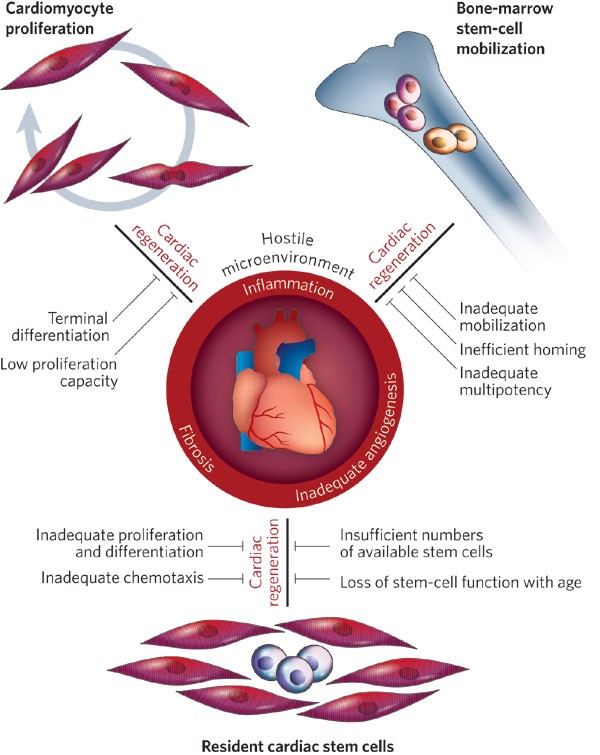
Patient Perspectives on Stem Cell Treatments
Psychological Impacts of Receiving Experimental Treatments
The journey toward experimental treatments can have profound psychological impacts on patients. Many individuals experience hope and optimism as they participate in cutting-edge therapies, but they may also grapple with anxiety and uncertainty about the outcome. Understanding and addressing these emotional aspects is crucial for patient support.
Informed Consent and Patient Autonomy
Ensuring informed consent is an essential component of stem cell therapy. Patients must fully understand the potential risks and benefits of participating in clinical trials. Upholding patient autonomy is vital, allowing individuals to make informed decisions about their treatment options based on credible information.
Community Support and Resources for Patients
Access to community support and resources greatly enhances the experiences of patients embarking on stem cell therapies. Support groups, educational materials, and counseling services can provide both emotional and practical assistance, empowering patients to navigate through their treatment journey with confidence.
Conclusion
Recap of Current Advances in Stem Cell Therapy
The field of stem cell therapy for heart failure is rapidly evolving, with significant advancements that offer new hope for patients. With promising clinical trials and ongoing research, the potential for these therapies to repair damaged heart tissue and improve overall health is becoming increasingly tangible.
Importance of Continued Research and Funding
Continued investment in stem cell research is vital to unlock the full potential of these therapies. As scientists explore various applications and refine techniques, we can expect to see breakthroughs that will pave the way for improved treatments and outcomes for heart failure patients.
Looking Ahead: Hope for Heart Failure Patients
As the field of stem cell therapy progresses, the outlook for patients with heart failure becomes increasingly optimistic. By pushing boundaries in research and innovation, the next generation of treatments may offer not only enhanced quality of life but also long-term solutions that fundamentally change the landscape of cardiac care. Your potential journey into this innovative world of medicine may very well start today, giving you hope for a healthier tomorrow.
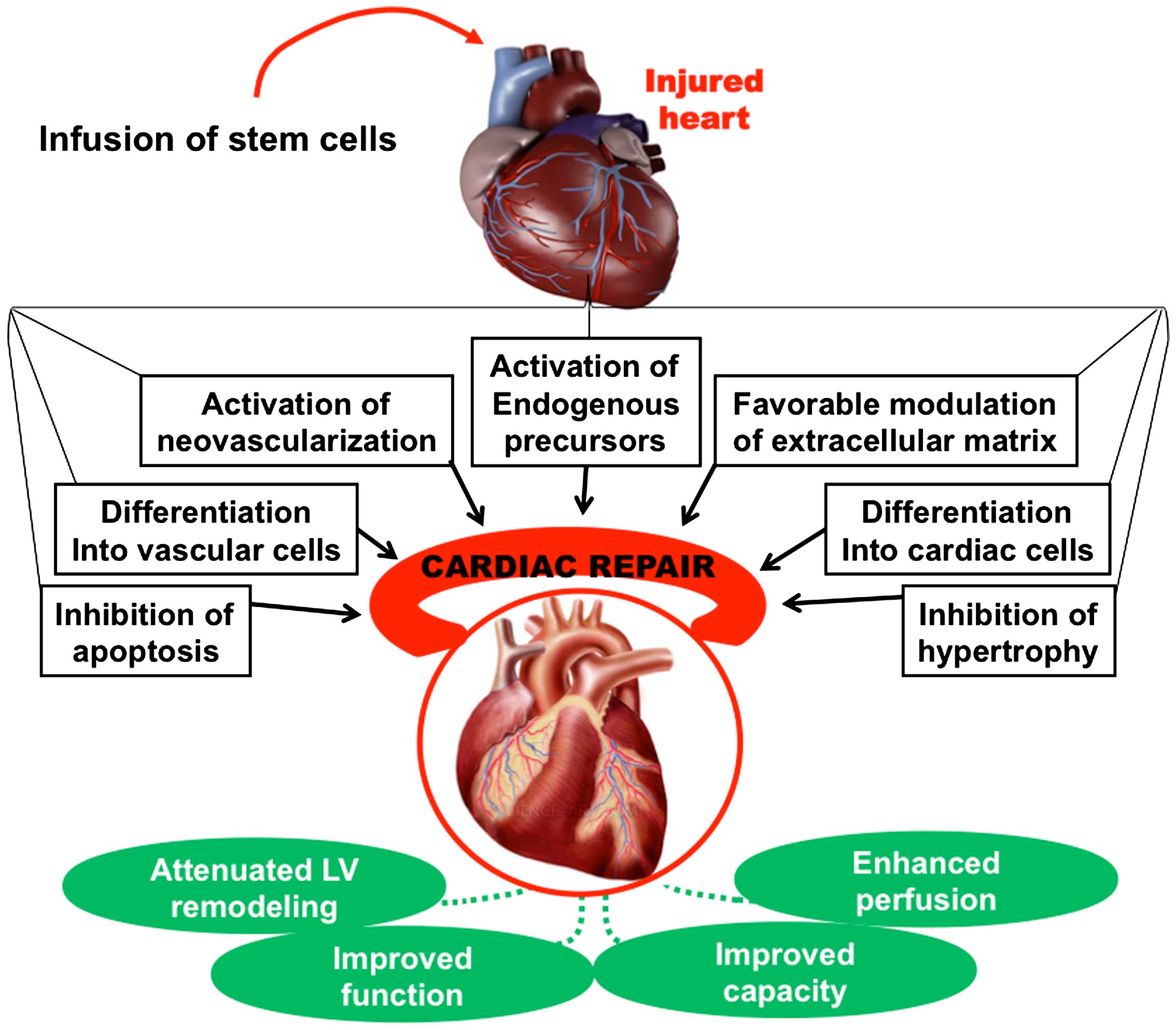
Stem cells have the extraordinary ability to repair and regenerate damaged cells, making them a promising solution for many chronic conditions. However, traditional stem cell therapy is often out of reach due to high costs, the need for donors, or the requirement to travel abroad. Fortunately, a groundbreaking stem cell technology is now available, offering a more affordable and accessible way to experience these benefits.
This technology complements healthy lifestyle habits—like eating well, exercising, and reducing toxins—to enhance the body’s natural healing processes. It accelerates recovery, supports immune function, and combats inflammation by strengthening your cells. To learn how this innovative solution can benefit you, your loved ones, or those facing health challenges, contact me at stemboostx@gmail.com with the subject “AIWNBOX.”

![[Understanding the Role of Genetics in Nutrition]](https://stemcelltreatmentprogram.com/wp-content/uploads/2024/12/understanding-the-role-of-genetics-in-nutrition.png)
![[The Science Behind Nutrition: What You Should Know]](https://stemcelltreatmentprogram.com/wp-content/uploads/2024/12/the-science-behind-nutrition-what-you-should-know.png)
